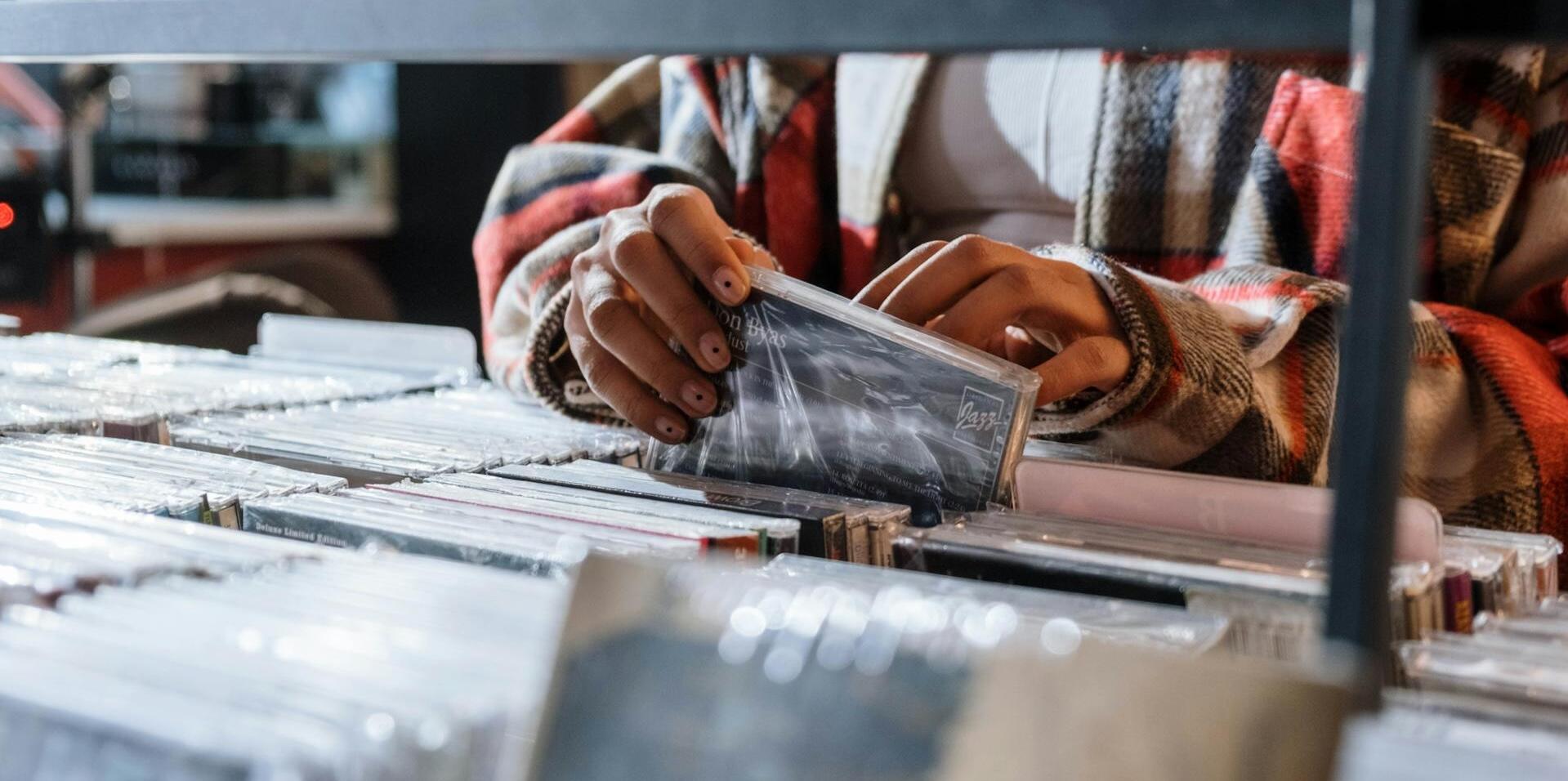Catalogue sales may be the music industry’s new #1 hit, as artists now offer the rights to their songs for hundreds of millions of dollars. Many of the world’s most well-known musicians have sold their catalogues in recent years, including Bob Dylan, Justin Timberlake, and Katy Perry.
But while a wide variety of artists are now moving to sell, these deals are often more complex than they appear, and buyers are still working to rebound from a rocky 2024.
What’s going on?
The current boom in major catalogue acquisitions started in 2018. In July of that year, music investment company Hipgnosis purchased a 75% share in the rights to songwriter The-Dream’s portfolio for US$23 million, which includes songs from artists like Beyoncé and Rihanna.
Hipgnosis had raised US$260 million for catalogue acquisitions at that time, and had just launched on the London Stock Exchange. Primary Wave, a music publishing company, acquired Bob Marley's catalogue rights for $50 million shortly afterwards.
More recently, HarbourView Equity Partners purchased T-Pain’s publishing catalogue and partial master rights for an undisclosed amount in February.
The most lucrative catalogue so far is Queen's, acquired by Sony Music Publishing last June for US$1.27 billion. The deal included all rights to the band’s music, except for revenue from live performances. The following month, Warner Chappell Music bought Tom Petty's catalogue for US$1.2 billion.
And this is just the tip of the iceberg. “A majority of the dealmaking in the space doesn't actually go to press,” according to Matt Herzfeld, founder and catalogue sales division leader at Seasons Music Group.
Part of the reason for the increase in catalogue sales was the low interest rates seen during and shortly after the Covid-19 pandemic. “Capital was cheap, so a lot of people were looking at this as an uncorrelated asset,” Herzfeld tells Azzet.
High-profile portfolio acquisitions have also spurred sales. “Because of the past five to seven years of activity in the space, there's been more public education around the sale of IP [intellectual property] and royalties, and so it's become less of a taboo to sell,” says Herzfeld.

How does it work?
The rights to an artist’s master recordings, publishing, merchandising, and likeness can all be sold, and are sometimes sold separately. The Red Hot Chili Peppers are reportedly seeking more than US$350 million for their recorded masters, while the band already sold its music publishing rights to Hipgnosis in 2021.
Royalties are considered capital gains in some countries, meaning catalogue sales may reduce the seller’s taxes owed, according to Herzfeld. It can also provide sellers with a lump sum for investments, or offset young artists’ financial concerns about future musical success.
“For sellers of a certain age, it can mean estate planning. Not everyone wants to leave what's a relatively complicated, and in some cases labour-intensive asset in terms of maintenance, to their heirs,” Herzfeld tells Azzet.
Strategic and financial buyers may want to acquire catalogues, says Herzfeld. A strategic buyer might work to add their newly purchased catalogue to film or TV. “They may have A&R [artist and repertoire] creative folks who are actively pitching sampling, covers, interpolations, and other large branding opportunities, depending on if there's an artist or property of some cultural value involved.”
Financial buyers, meanwhile, usually outsource the administration or distribution of the rights they have acquired.
What does the future look like?
Music catalogue sales saw an uneven 2024. While highly lucrative deals for rights belonging to the likes of Queen, Tom Petty, Michael Jackson, and Pink Floyd were struck, Hipgnosis’ many assets were sold to investment company Blackstone for US$1.6 billion. Its CEO, Merck Mercuriadis, also left the company.
Hipgnosis said this month that it would rebrand as Recognition Music Group, which will include the Hipgnosis Songs Fund, its investment advice wing Hipgnosis Song Management, and Hipgnosis Songs Assets. “We are excited to be entering this new chapter as an integrated company, committed to supporting artists and songwriters, enhancing the legacy and value of our songs and, over time, growing our portfolio with the addition of more stellar songs,” the company said.
Recognition Music Group declined to comment on future catalogue purchase plans.
Nonetheless, catalogue acquirers have started 2025 on a strong footing, with more sales likely to be due in the coming weeks. Apart from the Red Hot Chili Peppers, the Notorious B.I.G.’s estate is reportedly seeking to sell a 50% stake in his catalogue to Primary Wave, with US$100 million offered for the publishing rights and a separate $130-150 million for the master recordings.
Catalogue transactions and similar ventures like music royalty securitisation could see a flurry of activity in the current uncertain economic period, Herzfeld says. “Depending on the larger macroeconomic environment right now, this is going to potentially breed a lot of activity, given that it’s an alternative uncorrelated asset that's not subject to tariffs.”



